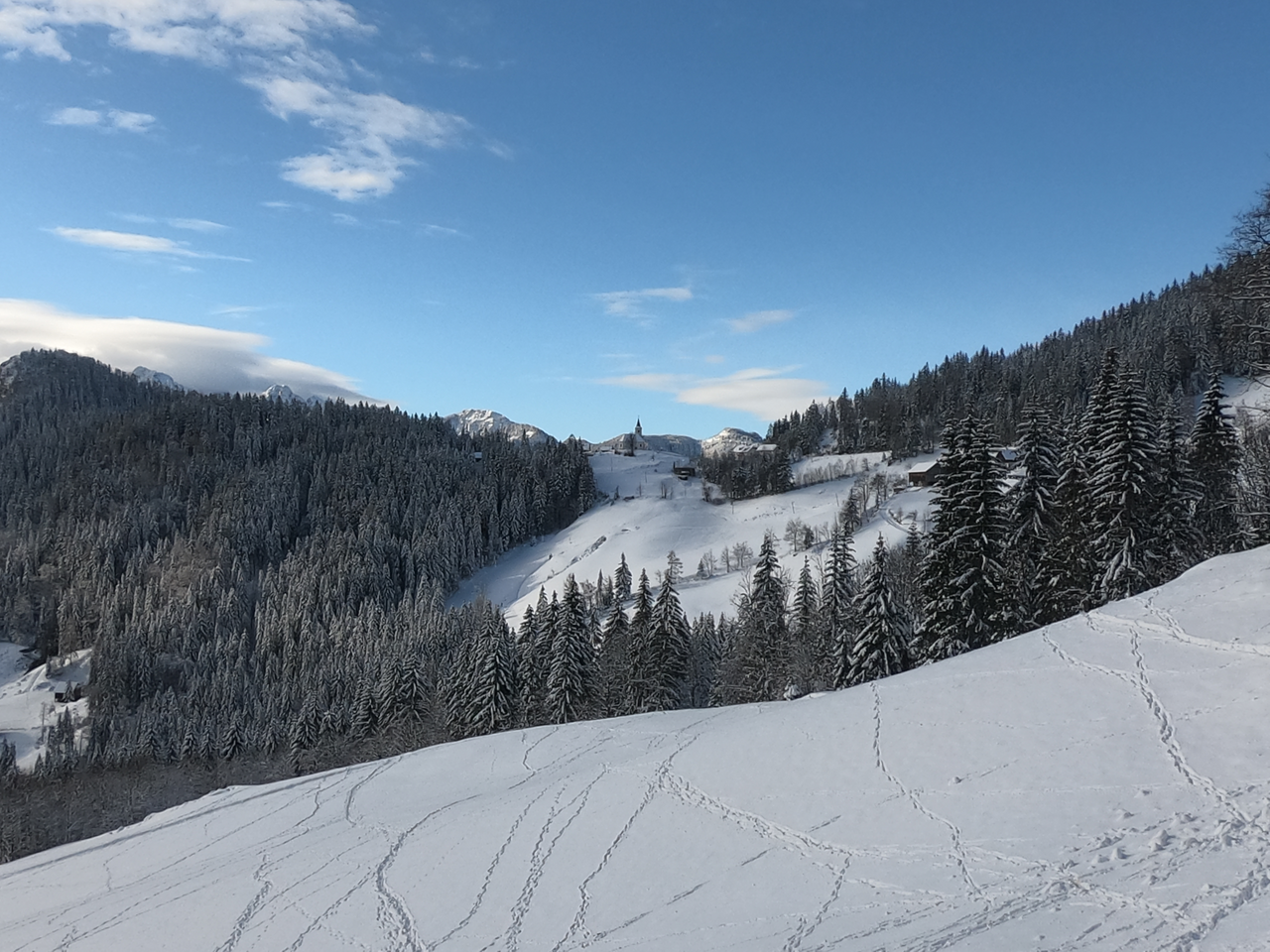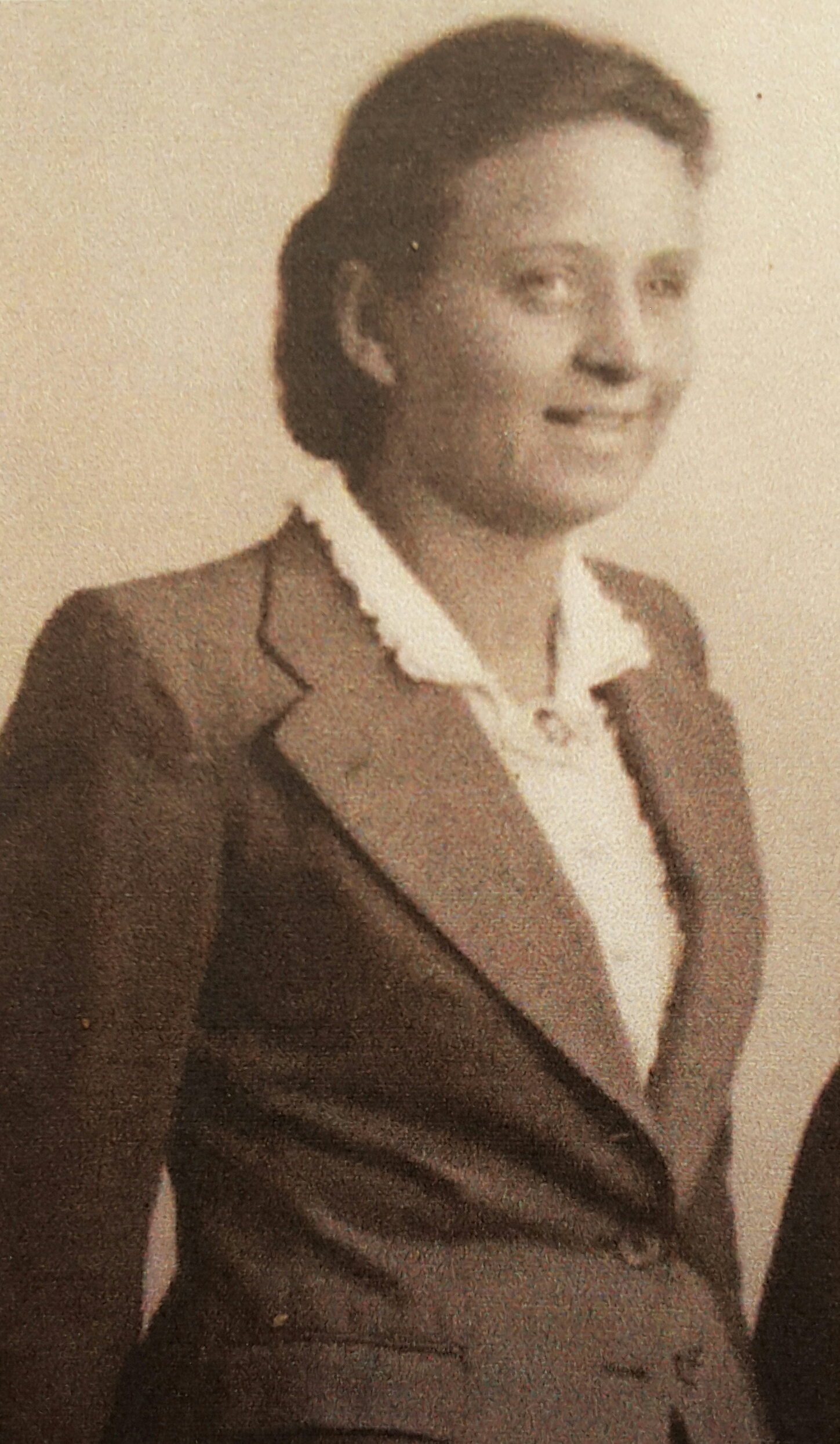I once heard someone say that people thrive with adversity, or something along those lines. It made me wonder if that's why when we don't have hardships to deal with we can end up making mountains out of mole hills or search for causes to champion to feel like we have something to overcome?
One of my daughters once said to me that just because what you're having to deal with in life isn't as bad as what someone else has to deal with it doesn't mean that it should be disminished. I think she saw that online. I'm not sure whether that was her justifying getting dramatic over things going wrong for her or her trying to tell me that I shouldn't minimise my childhood "trauma" because others have dealt with much worse. It could also have been that my approach made her feel pressured to take the same approach in her own life when she wasn't sure it was right for her. Either way, I'm not one to dictate to others, but I can give my reasoning behind why I chose to take that perspective with regards any "hardships" I've encountered (yes I'm putting trauma and hardship in quotations because it my mind it's all relative).
 Image courtesy of @ervin-lemark
Image courtesy of @ervin-lemark
My background growing up
I was born in England and my grandparents lived through World War 2, so I grew up hearing stories from those days. My Nanny, my father's mother, would have been in her early twenties for most of that period. She worked in munitions factories and would tell us about the doodlebugs, Germany's V1 flying bombs. They would hear them coming from the engine noise and while they could hear that engine they had time to find shelter. The moment the engine cut out and it went quiet was when the bomb would drop and that's when they knew they were in trouble if they were still out in the open.
My grandad, my mother's father, was born before the first world war and was too young to fight in that one then too old to be called up for the second war. During the second war he drove the trolley buses in the city and at night they had to drive without light so that they didn't give enemy bombers a target.
I didn't hear many stories from my grandma on my mother's side herself, but later from others I learnt a little of her experiences. She was born in the middle of the First World War in Breslau in what was East Germany. It was returned to Poland after the second world war and is Wroclaw today. She was in her 20s when the second war started and worked as a nurse for the Red Cross throughout. As the Russian army moved in from the east towards the end of the war she was in a convoy escaping with the injured while her family were in another convoy fleeing the Russian front. They would be walking throughout the day with little or nothing to eat sometimes for days and journals describe how delicious plain, boiled potatoes were when they reached somewhere providing food.
 My grandma on her wedding day
My grandma on her wedding day
At the end of the war grandma's family home was in USSR governed Poland, one of her brothers had died (another would die later from illness) her mother and a sister were locked in East Berlin and none of them could go back to their home. She ended up connecting by letter with my Grandfather through the Anthroposophical Society and moving to England to live with him.
She was born into a middle class family, her father was an eye surgeon and her mother's father was a doctor. At 19 she went blind in one eye and her father couldn't do anything to save her sight. What has always stuck with me about her experiences was how quickly things can change from having a happy, comfortable life to losing all of that. In 1910 Germany was a prospering country with no inkling that they would be in a war just a few years later followed by economic collapse.
I never heard complaint from any of my grandparents about their lives (and there's no arguing that they really did have traumatic experiences), everyone would have had similar experiences after all. Sucking it up and getting on with life was the only option at that point. If you complained then the likelihood was that others around would say they experienced the same if not worse.
You may have noticed I have yet to mention a grandparent. My Grampy, my father's father, grew up in an orphanage and would have been about 15 at the start of the war. He worked on a farm, so when he was old enough to enlist he wasn't allowed to because his work was classed as too essential. After the war he did his national service, then later when his children were still young, he enlisted in the army and my father grew up with a childhood of uprooting and swapping between countries, mostly Germany and the UK, but later Benghazi, Libya for a few years and Aden in Yemen for six months when he was in his teens. There was some unrest starting in Benghazi before they left, but bigger problems in Aden while they were there. My father was the second oldest with 2 younger siblings. He was 17 at the time and they saw fighting and bodies. He described an event where soldiers were shooting at someone on their apartment roof. My Grampy dragged my Nanny inside to safety when she asked what the pretty, bullet tracer lights on the roof were, unaware of the danger she was in.
My father remembers the rationing in Britain which went well into the 1950s. When the family got stationed abroad they got an extra allowance which meant they could afford to eat better, but he says that being in combat zones changes you. He joined the army himself later and my sister was born in a British military hospital in Germany.
I met my great grandmother and great aunt from East Germany once. They'd gotten permission to visit Grandma's other sister in West Germany and she'd then managed to sneak them over to England to visit us. At the time I didn't know the full story behind the visit, I just realised that it was a pretty special event. I also remember them expressing how surprised they were that there were so many healthy green trees, because they'd heard that Britain was poluted and barren. I guess that was my first experience of how propaganda can work.
Coping mechanisms
When these people in my life told me some of the horrific things they'd witnessed or experienced it was usually with a wry sense humour. Today many criticise making jokes of horrible events, but for those experiencing those kinds of events making humour of it is how they get through life without having a mental breakdown. It's a survival instinct. Either that or they just don't even talk about it much. Grandma was like that and I think she wanted to tell me more about her experiences, but never found a time when she was comfortable enough to.
For younger people when they're upset, angry or struggling with something in life that seems trivial to someone older, being told that there are plenty who have it far harder, while accurate, comes across as dismissive, especially if delivered in an unsympathetic way. However, I feel that they are delivering a solution if you're willing to accept it the right way. For myself, rather than seeing it as my troubles are less important than other people's I chose to view it as inspiration. If others have experienced worse and managed to overcome that, then I can overcome my own troubles.
I also don't know what other people have been through, so for me to complain and expect sympathy could very well come across as a bit self absorbed to someone who might feel happy to have only had to deal with the comparably minor issues I have. By the same token there might be different things that you've experienced that they couldn't comprehend having to deal with. I recently had a conversation with a friend who has been through a heck of a lot in life and is still trying to live with things that I can only imagine dealing with. She recently brought up a British TV programme she was watching called Brassic and said that she couldn't imagine living like that. I had to chuckle because the description of the plot sounded like the people I grew up around. I grew up in deprived areas, but wasn't aware of that until I was in my 30s. For me it was normal life. I made a joke to my friend that I'd had people tell me that my childhood or the area I lived in was rough and she responded that it was. Yet that wasn't how I experienced it and I think she's experienced far rougher situations.
The truth is that we can choose whether we want to be victims of our circumstances or learn from them. I'm actually glad that no-one told me I was a victim because then I would have believed them and been less likely to believe that I could make choices that would lead to better outcomes than I could see in the ones from those around me.
Life is what you make it
Your past life experiences shape who you are today and who you will become. It depends on how you respond to them as to how it shapes you. While you can't control what others do to you, you can control what you do to yourself.
When addicts decide to get help to overcome their addictions there is usually a multi step process which starts with acknowledging the trauma that set them on their path to addiction. This will undoubtedly be something beyond their control and not their fault, however, at some point they will have played a role in their addiction, so the next step is to figure out what those roles were and take responsibility for them.
If we allow ourselves to stay victims we take away our own agency. We don't know what tomorrow will bring, life can change in a heartbeat, so both good and bad experiences will come to an end at some point and when they do how do you choose to move on?